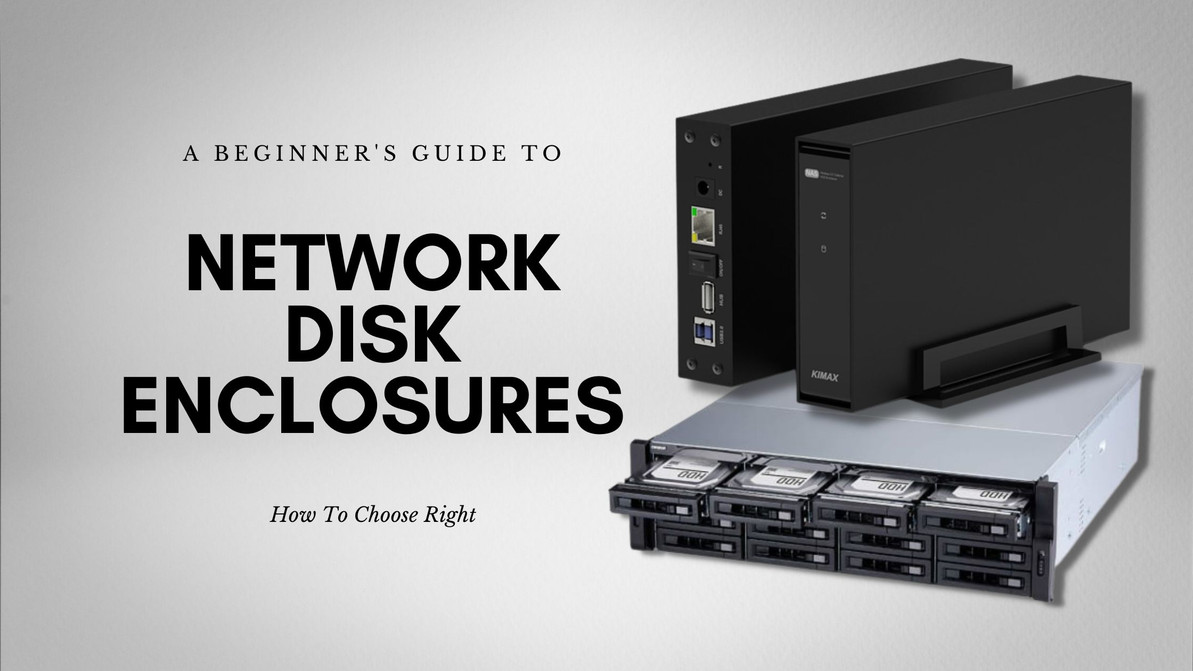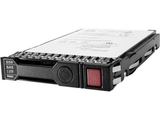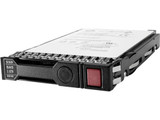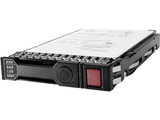Beginner's Guide to Network Disk Enclosures
You need a network-attached storage (NAS) enclosure if you need devices connected to a network to have hard disk drive (HDD) capacity. You can find that NAS enclosures are available with a varying number of empty bays to which HDDs or solid-state drives (SSD) can be placed or added---separately, or with pre-populated drives.
But before investing in network disk disclosures for your business or company network, you should take the time to understand how to choose the right NAS or network-attached storage according to your business needs.
Factors to Consider When Choosing NAS
Different users, networks, and organizations have varying needs when it comes to networks. However, planned usage holds the most weight when choosing your network-attached storage.
For instance, medium to large enterprises need more flexible storage capacity and fast file sharing speed due to the amount of data that needs to be stored and shared within the company. That may be the case for bigger companies, but storage capacity may not be the top priority of a small startup business.
Here are the factors you need to consider when choosing your network-attached storage:
Form Factor
What is the form factor? It is the shape, size, or physical characteristics of a computing device. This factor matters because it affects the hardware components that go into the larger unit.
NAS devices usually come in two variations: rack-mount and tower type cases. Rack cases work best for enterprise networks since this type of network needs expandable capacity, while tower-type cases work better for small to medium businesses or consumers.
Storage Capacity
This factor has significant value to large enterprises, but it will also help you determine what type of storage you want for your network. You need to consider the number of drives it can hold.
Some storage can accommodate two dives, some have four bays or higher.
Typically, one of the disks holds a mirror image of the main drive in a 2-drive unit, which protects you from data loss in case you experience some issues with the main drive.
A 3-drive NAS has higher storage capacity and offers better redundancy, while a 4-drive unit has better capacity but will need more space for redundancy.
Performance
One of the main functions of a NAS unit is storage and file access, so performance matters when making your decision. The more people connected to the network, the better speed and performance you need.
Performance can be affected by the Random Access Memory (RAM). Generally, a RAM can allow several programs to run concurrently without impact on speed, but be mindful of its limits.
Generally, 1GB RAM should be matched to every terabyte (TB) of storage.
Maintenance
Before deciding on your network storage, you also need to consider its complexity and maintenance. If you have a dedicated IT professional on your team, then you would have no issues with something that needs constant attention. However, if you have limited resources, you will want to choose a solution that will work with little maintenance.
Choosing a NAS that you can set up with minimal labor in a short time is the smart way to go. But if you need enterprise solutions, you have costlier options but all the benefits are worth it.
Reliability
Reliability is a factor that you want to look for in everything. Regardless if it's about people, services, hardware, or even your NAS.
You want to look for network-attached storage that offers quick recovery from downtime. A good system can run round the clock and withstand increased usage. You want to look for fault tolerance and error recovery options as well.
Security
One of the main selling points of network-attached storage is security. NAS protects your sensitive data from unauthorized access. NAS devices have advanced encryption options.
NAS Enclosures for Business
Now that you have a better idea of how to choose the right network storage for you, you must now understand why you need NAS enclosures for your business.
As mentioned previously, you need a NAS enclosure if you need devices connected to a network to have HDD capacity. Although NAS enclosures may be used at home, it is a popular product for small and medium-sized businesses.
NAS enclosures give users flexibility when it comes to choosing the type of drives they want to add, which means it has the potential to become a low-cost storage option.
NAS enclosure provides centralized shared storage to all the users on the network once you have populated it with hard disk drives. NAS enclosure makes sure that all data, files, and information relevant to the business stays within the network where it is safe instead of the individual staff's personal computers.
Variations of NAS Enclosure
Physical Variations
NAS enclosures often come with drive bays, an operating system or management software, built-in CPU, memory, and ports that will allow external storage connectivity.
You can find NAS enclosures with bays ranging from one to 24. Some enclosures can even connect to a network wirelessly. However, you can find ones that have USB ports that allow users to connect additional external storage.
Function Variations
Different NAS enclosures offer different levels of data protection. The number of drives contributes to this matter. As mentioned previously, 2-drive units typically mirror data between drives.
Pricing Variations
NAS enclosure pricing depends on the number of bays, processing power, and the number of features. Typically, the more bays an enclosure has, and the more powerful its processing power is-- the higher the price. It can stretch to thousands of dollars depending on these factors.
Bottomline
NAS devices have many benefits including security, speed, and performance. Once hooked into your business network, they are useful even when you are away.
Understandably, you have business data, files, and information that you want to keep secured. Choosing the right NAS and enclosure ensures that you will have a secured data storage and file sharing experience within the company. So, choose your NAS and storage enclosure wisely.
Recent Posts
-
Unleashing Enterprise Power: Exploring the HPE 1.6TB TLC SAS SSD – The Write-Intensive Workhorse for ProLiant Dynasties
HPE 1.6TB 2.5-inch Small Form Factor TLC SAS-12Gbps SSD: A Deep Dive into Performance and Compatibil …Mar 27th 2025 -
ThunderHub: The HPE 1.6TB SSD That Electrifies ProLiant Performance
Exploring the HPE 1.6TB 2.5-inch SFF SAS-12Gbps Mixed Use SSD: A Robust Storage Solution for HPE Pro …Mar 26th 2025 -
Fast. Tough. Smart: Inside the HPE 1.6TB SAS SSD Revolutionizing ProLiant Servers
Exploring the HPE 1.6TB 2.5-inch SFF Power Loss Protection SAS-12Gbps Smart Carrier Mixed Use SSD fo …Mar 25th 2025




